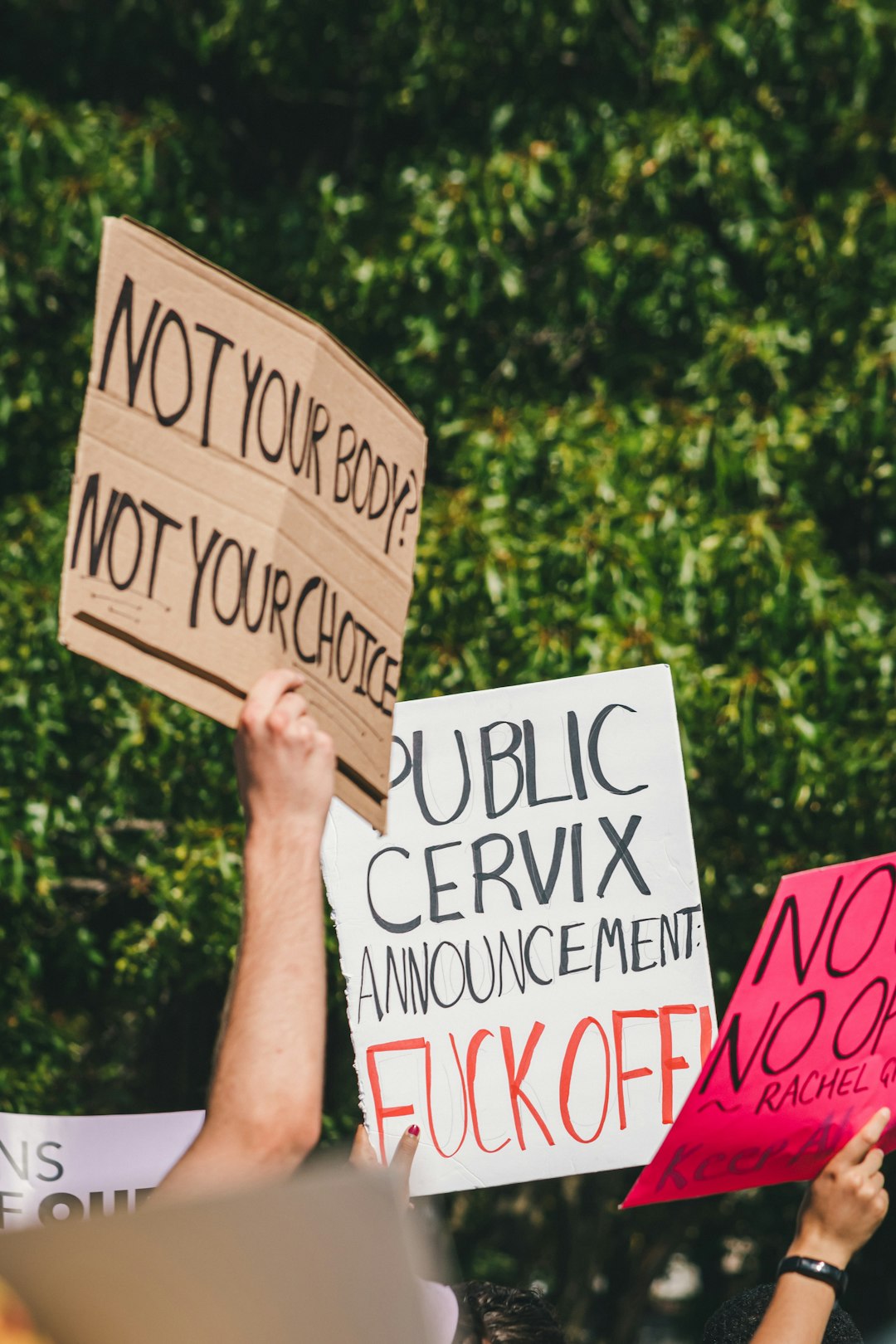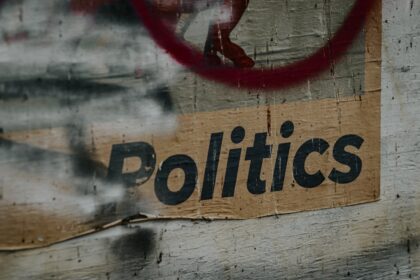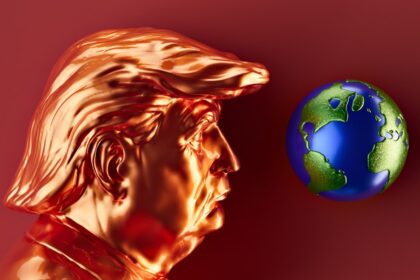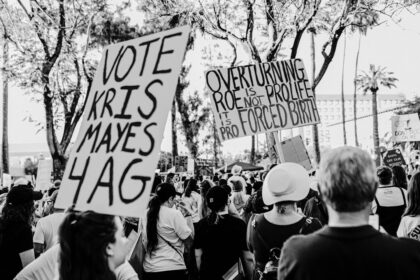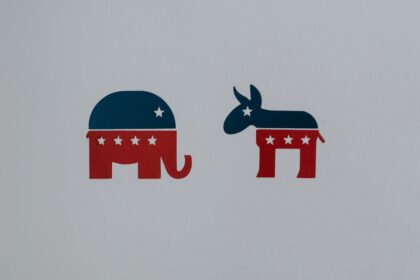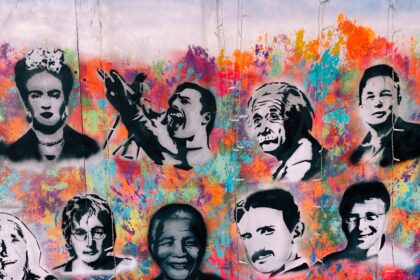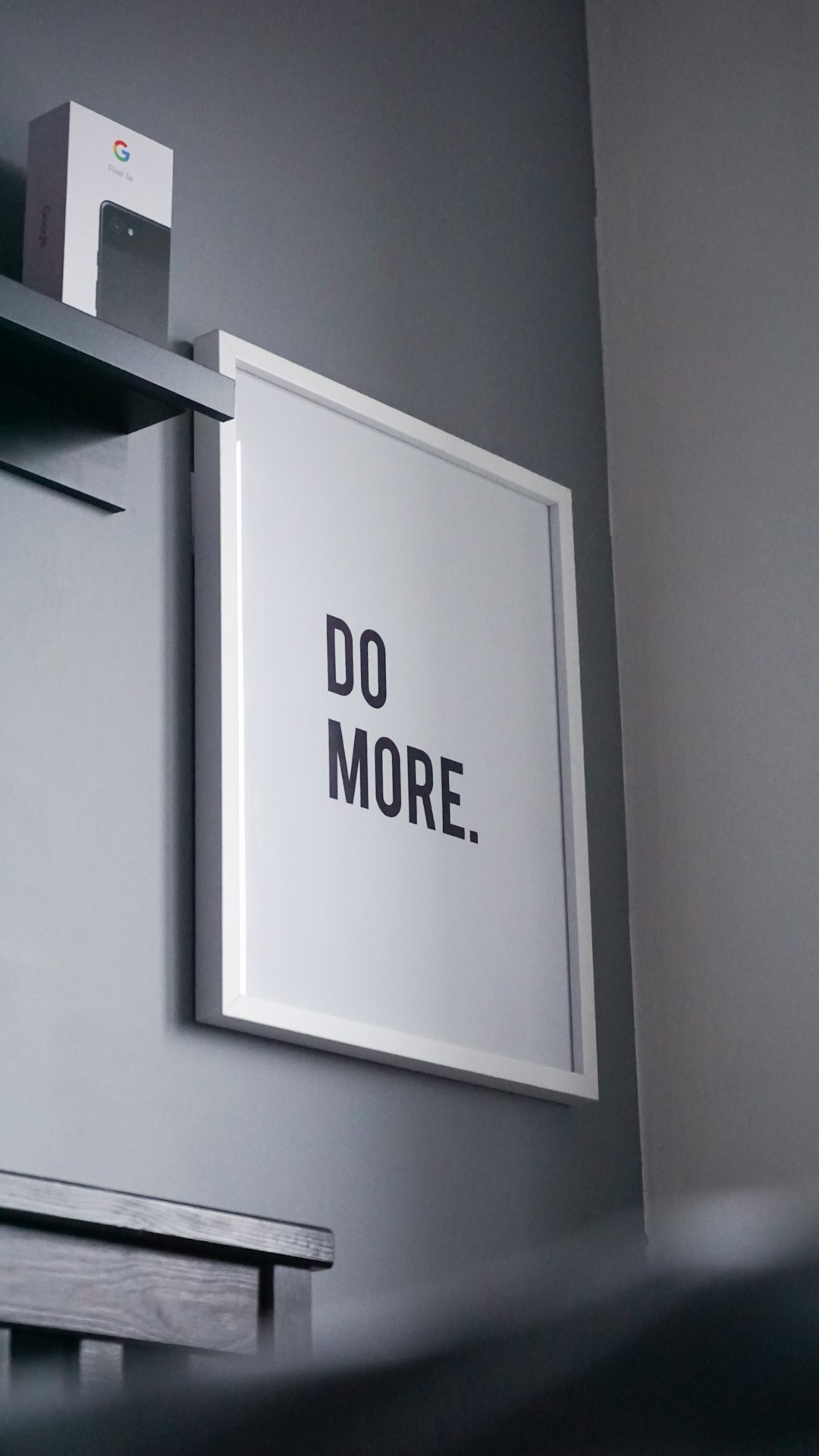Discover expert advice with QuickAdvisr. Political correctness (PC) has become one of the most polarizing topics in modern discourse. From college campuses to corporate boardrooms, debates about how political correctness became a cultural debate continue to shape conversations about language, identity, and societal norms. But what exactly is political correctness, and why does it spark such heated discussions? In this article, we’ll explore the origins, evolution, and key controversies surrounding PC, separating facts from myths along the way.
- What Is Political Correctness? | Powered by QuickAdvisr
- The Origins of Political Correctness
- How Political Correctness Became a Cultural Debate
- Facts vs. Myths About Political Correctness
- The Pros and Cons of Political Correctness
- Why Political Correctness Remains Controversial
- Final Thoughts: Navigating the PC Debate
- Frequently Asked Questions
What Is Political Correctness? | Powered by QuickAdvisr

Political correctness refers to language, policies, or measures intended to avoid offense or disadvantage to members of particular groups in society. It often involves promoting inclusive language and avoiding stereotypes or discriminatory practices. While the term has noble intentions, its application has sparked intense debate, with critics arguing it stifles free speech and proponents claiming it fosters respect and equality.
The Origins of Political Correctness

The concept of political correctness has roots in the 20th century, particularly in the civil rights and feminist movements of the 1960s and 1970s. These movements sought to challenge discriminatory language and practices, advocating for more inclusive and respectful communication. However, the term “political correctness” gained widespread attention in the 1990s, often used as a critique of perceived overreach in enforcing language norms.
“Political correctness is about ensuring that language and behavior do not perpetuate systemic inequalities or harm marginalized groups.” – Dr. Jane Smith, Sociologist
How Political Correctness Became a Cultural Debate
The shift from a tool for social justice to a cultural battleground began in the late 20th century. Critics argued that PC was being used to silence opposing viewpoints, while supporters saw it as essential for creating a more equitable society. This tension escalated with the rise of social media, where debates about how political correctness became a cultural debate often go viral, amplifying both sides’ arguments.
Key Milestones in the PC Debate
- 1990s: The term “political correctness” entered mainstream discourse, often used pejoratively to describe perceived censorship or hypersensitivity.
- 2010s: The rise of social justice movements like #MeToo and Black Lives Matter brought renewed attention to PC, with supporters advocating for its importance in addressing systemic issues.
- 2020s: The debate intensified, with critics labeling PC as “cancel culture” and supporters defending it as a necessary tool for social progress.
Facts vs. Myths About Political Correctness
To better understand how political correctness became a cultural debate, it’s essential to separate fact from fiction. Here’s a breakdown of common misconceptions and realities:
| Myth | Fact |
|---|---|
| PC stifles free speech. | PC encourages respectful communication but does not legally limit free speech. |
| PC is a modern phenomenon. | PC has roots in 20th-century social justice movements. |
| PC only benefits certain groups. | PC aims to create a more inclusive society for everyone. |
| PC is universally accepted. | PC remains highly controversial, with varying levels of acceptance across different groups. |
The Pros and Cons of Political Correctness
Like any cultural phenomenon, political correctness has its supporters and detractors. Here’s a balanced look at its advantages and disadvantages:
| Pros | Cons |
|---|---|
| Promotes inclusivity and respect. | Can lead to perceived censorship or overreach. |
| Challenges harmful stereotypes. | May discourage open dialogue on sensitive topics. |
| Supports marginalized communities. | Critics argue it can alienate certain groups. |
Why Political Correctness Remains Controversial
The ongoing debate about how political correctness became a cultural debate reflects broader societal tensions. Some view PC as a necessary step toward equality, while others see it as an infringement on personal freedoms. This divide is often exacerbated by cultural, political, and generational differences, making it unlikely that the debate will be resolved anytime soon.
Practical Examples of PC in Action
- Replacing gendered terms like “fireman” with gender-neutral alternatives like “firefighter.”
- Using preferred pronouns to respect individuals’ gender identities.
- Avoiding racial slurs or stereotypes in media and advertising.
Final Thoughts: Navigating the PC Debate
Understanding how political correctness became a cultural debate requires nuance and empathy. While PC has its flaws, its core goal—promoting respect and inclusivity—is undeniably important. By engaging in open, respectful conversations, we can bridge divides and work toward a more equitable society.
📌 Related reading: 5 Common Travel Myths Debunked: What You Really Need to Know
📌 Learn more at QuickAdvisr.




